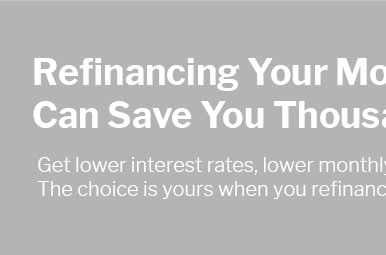lowest refi rates made simple for smart homeowners
What drives a rock-bottom rate
Chasing the lowest refi rates doesn’t have to feel like guesswork. Lenders price loans using your credit profile, equity, income stability, and broader market moves. When inflation cools and bond yields dip, offers tend to improve, but your credit score, loan-to-value, and debt-to-income still set the floor you can realistically reach.
- Pull a fresh credit report and fix errors.
- Aim for 740+; pay down revolving balances.
- Keep LTV at or below 80% to avoid PMI.
- Collect two years of W-2s, pay stubs, and tax returns.
- Rate-shop within 45 days to group inquiries as one.
How to shop and lock with confidence
Request three to five quotes on the same day, line up fees side by side, and verify APR, points, and any lender credits. Consider a float-down option if available, but don’t chase every dip; once pricing fits your plan, lock, maintain reserves, and avoid new debt until closing.
















